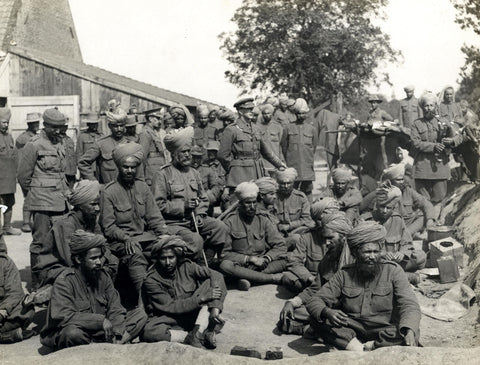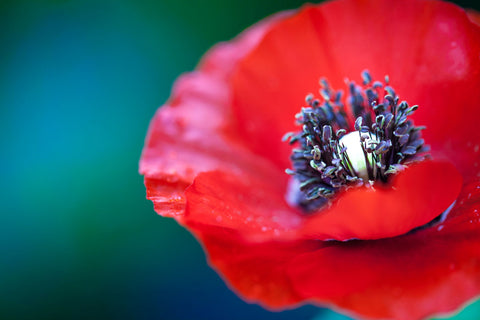Remembering The Communities That Came Together For Our Freedom
Remembrance Day, 11.11, is a day to honour those who serve to defend our democratic freedoms and way of life. Remembering some of the communities across the commonwealth and Allied nations who came together, united across faiths, cultures and backgrounds to secure our freedom.
During World War II the British Empire and it’s commonwealth nations raised a total of 8,586,000 men for military service. More than 5 million came from the British Isles, 1,440,500 from India, 629,000 from Canada, 413,000 from Australia, 136,000 from South Africa, 128,500 from New Zealand and more than 134,000 from other colonies including the West Indies and East and West Africa.
Indian and the West Indies – a multi-ethnic war effort
Over two and a half million Indian men volunteered for service, producing the largest volunteer army in history. The Royal Indian Air Force (RIAF) fought against the Japanese, while Royal Indian Navy ships fought in the North Atlantic and the Mediterranean. There were around 40,000 Indian servicemen in the British Merchant Navy.

In the West Indies, thousands of men and women joined the local home guard and the British Army. From 1944, West Indian women served in the Women's Auxiliary Air Force (WAAF) and the Auxiliary Territorial Service (ATS) in Britain. One of these women was Connie Mark MBE, BEM(1923-2007) who was a Jamaican-born community organiser and activist. After moving to England in the early 1950s, she became an activist for West Indians in London, after being denied her British Empire Medal. She worked to gain recognition for Black service personnel who were overlooked for their services.
The important work of women like Connie Mark and others like her is what Baroness Warsi believes is key to understanding , multicultural modern Britain:
“Soldiers of different creeds and colours fought side-by-side for Britain a century ago. It’s important that we remember this long history we all share – it helps explain why multi-ethnic, multi-faith Britain looks like it does today and why we can all feel a sense of belonging in our society.”
We will remember them
Many people in the UK wear a poppy in November as a means to remembering the fallen, but you could also join others in your community for a commemorative anniversary, or you could simply take a moment to yourself for quiet reflection.
Due to Covid-19 restrictions this year the British Legion has pulled together a list of alternative Covid-19 safe activities you might want to consider. We like the idea of creating a remembrance space in your garden or on your window sill, by planting plants that have a connection to Remembrance Day or more specifically to those you will be remembering.

Tell us in the comments below if you have any relatives that fought for Britain during the war, we would love to hear from you, or DM @wearewo_uk and we can share your stories with the rest of the community, so we can learn and remember together.



Leave a comment